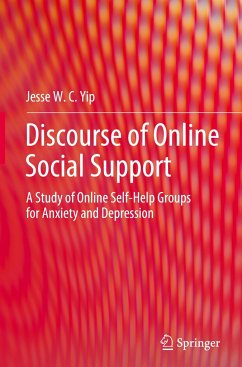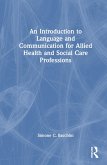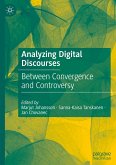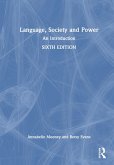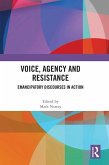This book sheds light on the communication of social support, language use, and therapeutic effects in the context of online self-help groups for anxiety and depression. The book has two major purposes: the first is to enhance understanding of the phatic communication through a discourse-pragmatic perspective; and the second is to demonstrate the use of discourse analysis to discuss the potential therapeutic effects of the online self-help groups. Key concepts, including genre study, speech act theory, relational work and discourse analysis, are revisited and elucidated to show their applicability in health communication research. This book focuses on the topics of communication patterns, the communicative acts of self-disclosure and advice-giving, and relevant social theories in the communication of social support.
This book is a useful reference guide for both undergraduate and postgraduate students who are interested in discourse analysis, pragmatics and health communication. It is also a valuable resource that catches attention of researchers who conduct interdisciplinary research pertaining to communication, clinical linguistics and social work.
This book is a useful reference guide for both undergraduate and postgraduate students who are interested in discourse analysis, pragmatics and health communication. It is also a valuable resource that catches attention of researchers who conduct interdisciplinary research pertaining to communication, clinical linguistics and social work.

